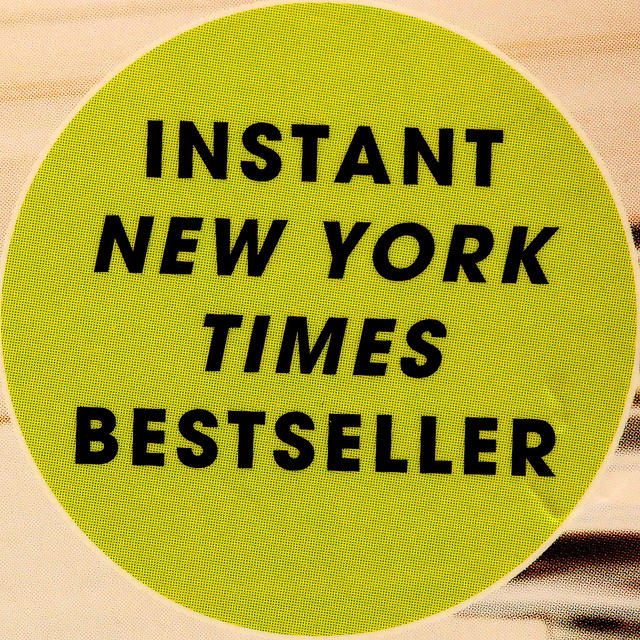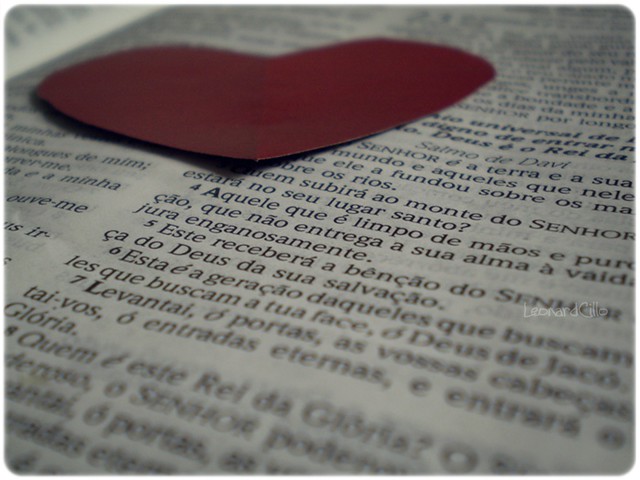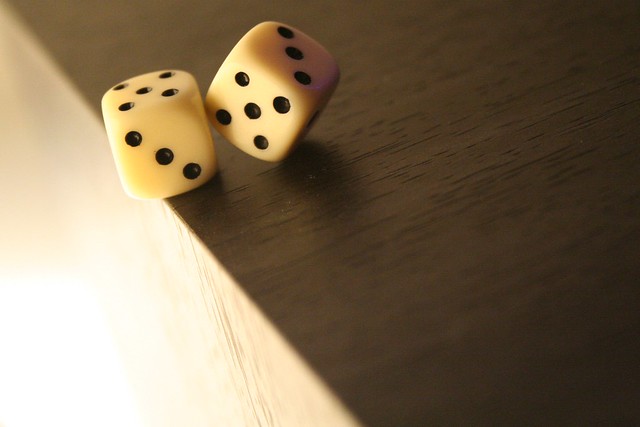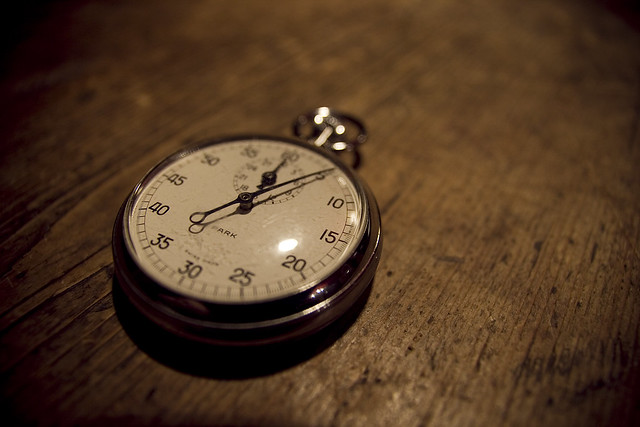 |
| Photo credit: Wiertz Sèbastien on Flickr |
I see the words "aspiring writer" all the time online—in Twitter bios, Facebook profiles, blog pages, just about anything that has a space for people to describe themselves. And on paper, it sounds nice, aspiring writer –it's not overdramatic or overly-ambitious and it even has a nice ring to it.
But every time I see it, I sigh a little, because while I know what people mean when they say they're an aspiring writer, I truly don't believe the "aspiring writer" actually exists.
Hear me out.
Let's take a look at the words "aspiring" and "writer." What do they actually mean?


Take a look at those definitions (from dictionary.com and Google, respectively)—longing, aiming, seeking, directing ones hopes. Some synonyms provided by Google are "yearn" and "strive." Notice a pattern? There’s a lot of dreaming, but none of those words involve taking action.
Now let's look at Google's definition of "writer."

I especially like that first definition—a person who has written a particular text. That's it. Not a person who has published x-number of books or a person who has made x-dollars writing—a person who has written.
Put the two together, and what do we have? Someone who longs or aims to write. The implication of such a combination is clear—the definition of an aspiring writer is someone who wants to write, but doesn't.
Now I know that's not what most people mean when they say they're an aspiring writer. In most cases, they're thinking more of the second definition of writer—someone whose job it is to write. By "aspiring writer," in most cases, they really mean "aspiring published writer," which is another thing entirely.
But an "aspiring writer"? It doesn't exist. Because you can't be a writer if you don't write, and if you write, you're not aspiring to do so at all—you're actually doing it. You've already met your goal. You're already a writer.
If you write, then you're no longer aspiring—you are doing. It doesn't matter if you haven't finished a novel, or if you've never been published, or if you're thirteen or eighty-four—if you write, and you love to write, then you are a writer. Period.
Aspire to be published, or to make a living with your writing, or to sell x-number of copies or make x-number of dollars with your writing. Aspire to be a bestseller, or to have your book on the shelves at Barnes & Noble, or to get an agent at your favorite agency.
But don't aspire to write. Just sit down and do it.
What do you think about the term "aspiring writer"? Have you ever defined yourself as one? Share your thoughts in the comments below!












